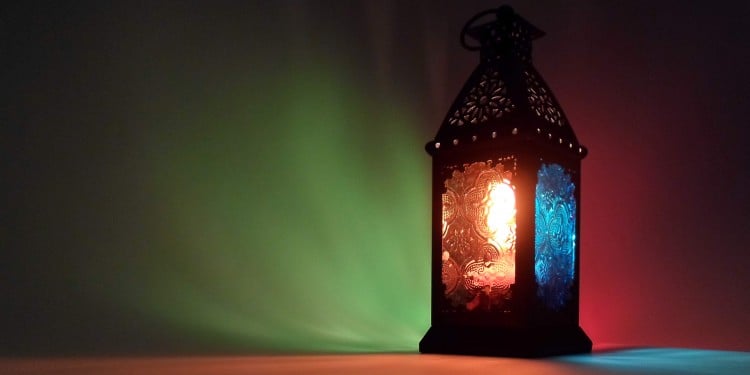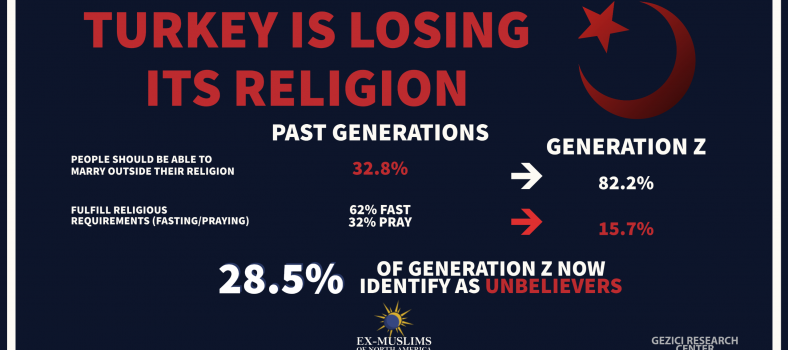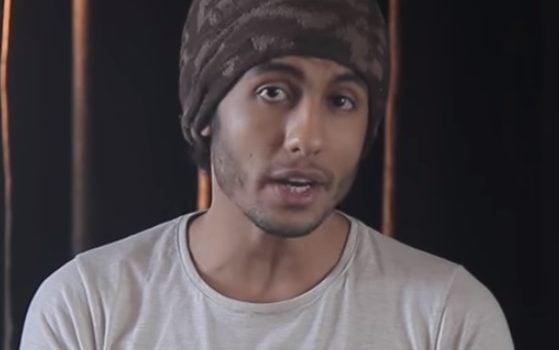I refuse to say Ramadan Mubarak this year — here’s why.
I wont say Ramadan Mubarak to those who practice this year.
I have said it in the past, in the years after I came out with my apostasy, wishing nothing but goodwill to my friends and loved ones who choose to practice. Whatever floats your boat as long as you don’t ask me to join, etc.
But not anymore. I will not say Ramadan Mubarak this year.
And I will not say it next year or the year after, until Ramadan sheds its toxic normativity. If a year comes where Ramadan is largely practiced non-normatively and I am still alive, I will say Ramadan Mubarak to those who practice then.
Because I can no longer in good conscience give well wishes about a month requiring believers to forego food and water and sex on pain of damnation and the torture of hellfire.
Where a single day of broken fast in Ramadan requires a penance of 60 consecutive days of fasting or feeding 60 poor folks to make it up, or burn for it.
Where not practicing comes with severe social stigma and moral horror at best and violence at worst in the majority of global Muslim communities.
Where the majority of global Muslim communities require participation in public rites of worship and/or police private worship and conduct in this month.
Where in the majority of global Muslim communities shaming and body policing in this month especially are normalized as virtues under the spiritual principles of al-amr belma’roof welnahi ‘an almonkar (adjoining the good and condemning the bad), invoking the very values of self-control, generosity, patience, and charity that are so often upheld as the positive spiritual essence of Ramadan.
Where, in fact, the majority of global Muslim communities treat religious devotion like a competition, have a thousand little social encouragements for more intense practice (eg praise for pregnant or ill people who fast anyway, people who work themselves exhausted and ill to display generosity, which is a social currency) and a thousand little discouragements for not doing damn enough (eg shaming people for not doing extra/optional prayers or staying up all night worshipping for Laylat alQadr–also don’t get me started on Layali al-Qadr, that’s it’s own clusterfuck). A thousand needles, bearing into the minutia of daily living.
Where in the majority of global Muslim communities gender roles still dictate that women are expected to do domestic labor, often as a priority at the expense of their work or schooling, and social expectations and demands are so severely heightened in that regard this month.
And so on (and on and on).
And because normativity of this sort makes visible noncompliance practically impossible, the destruction and its scope remains hidden under the glowing exterior and that invisibility is a huge part of the problem. ESPECIALLY in cultures encouraging keeping personal or familial suffering hidden for the sake of collective social sanctity.
So no longer will I fail to prioritize highlighting that instead of affirming that which is already seen and acknowledged.
The people who love and choose to practice Ramadan already have not only acceptance and comfort in their communities, but celebration. And it is always and only those people (note I did not say all) who enforce the normativity of Ramadan with every step around them, continuing this cultural tradition..
Until it is possible for most people to choose not to adhere to these expectations without suffering great social or personal cost in the same way it is possible for most people to comfortably choose to practice today,
I will not wish Ramadan Kareem to those who to choose to practice.
Not anymore. Not anymore. My sense of perspective can no longer allow it.
-Hiba




